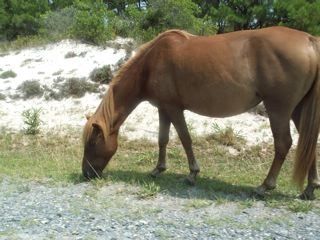
The 4th of July is my favorite of all holidays. It always has been. I love everything about it; the food, the fireworks, the parades, the fact that it is in the middle of summer. Philadelphia Freedom is my summertime anthem, immediately putting a smile on my face no matter what time of year I listen to it.
Thinking of Independence Days past, several stand out. There was one spent as a child at Lake Arrowhead Campground in Myrtle Beach, S.C. There was the time that I sat with my friend, watching the fireworks being set off from the boats on a lake; that was the turning point, when my friend and I realized that we were meant to be more than buddies. We ended up spending the following July 4th as a married couple. Our son was born on July 6th, missing a Born on the 4th of July birthday by just 24 hours and 10 minutes.
The next several years were spent at annual back yard cookouts at my in-laws’ house, followed by the huge fireworks display at the fairgrounds. We spent many more July 4th days in our own back yard, hosting swim parties. The best July 4th BY FAR was the year we spent it at the beach. We rented an old cottage style house right on the main route of the Bethany Beach, Delaware parade. We sat on the front screened-in porch and watched as vacationers and townspeople decorated bikes and floats. They marched by in droves, with bands and mummers and royalty cars and politicians. Even the Governor of Delaware was there to celebrate. We had the grill going by noon, hit the beach in the later part of the day, and that night we sat in the front yard on lawn chairs, watching the fireworks display that was set off on a barge out in the ocean. My adult kids were there with their friends, and I somehow knew it would be one of the last of those types of vacations, when everyone was in the same place at the same time.
This year I plan to sit in my back yard by the pool. I will most likely fire up the grill for old time’s sake. Hopefully there will be a few unexpected guests. Ironically I will be listening to the music of Sir Elton John on this, the anniversary of our independence from British rule. As always I will be listening to the sounds of fireworks in the distance.



